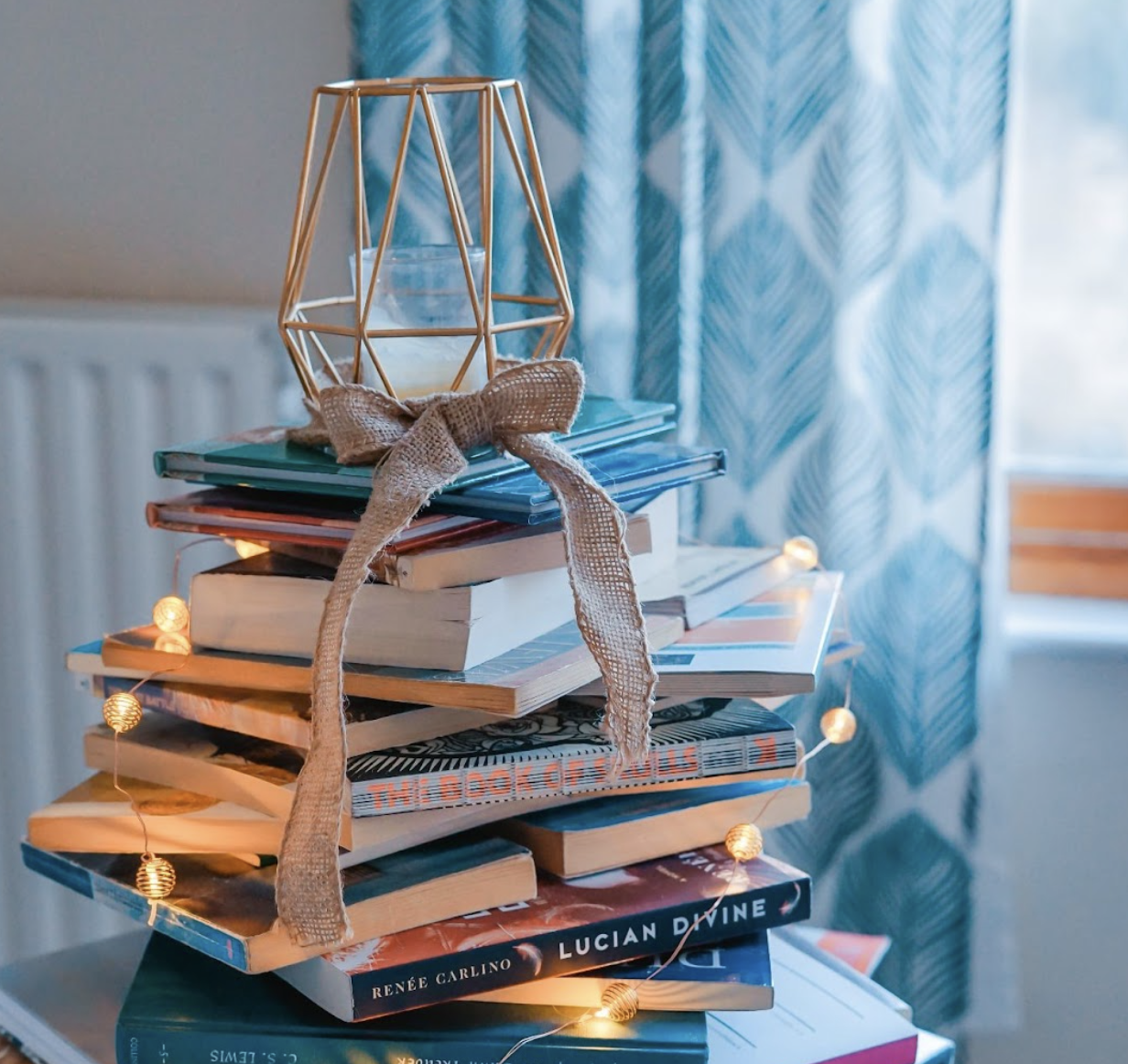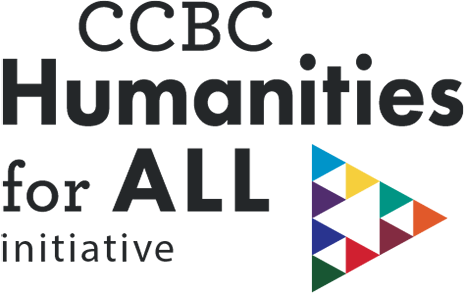
Humanities and the Holidays: What to Read Right Now!
The holidays are upon us and nothing beats indulging in self-care, relaxation, and getting stuck in a great book. If you like reading and are curious about the humanities, here are five books that may interest you and the courses that complement them:
This autobiography tracks the life of Jacqueline Woodson, from her early years in Ohio to her adulthood in New York. While the book does explore personal accounts of difficult experiences such as racism and the Civil Rights Movement, Woodson’s endearing nature uplifts the reader throughout.
Want to learn more? Why not check out HIST 116 African American History and go deeper into the African American experience. From learning about the transition from slavery to the modern Civil Rights movement, students are encouraged to bring their own thoughts and opinions to the table.
This book was so revolutionary that even President Barack Obama recommended it! Thinking, Fast and Slow doesn’t just take its readers on an adventure of exploring thought processes — it throws open the doors and questions why we are the way we are! From the way we behave, react, judge, and make our choices, all of life’s biggest introspective mysteries are explored in this book.
If this type of self-analysis appeals to you, why not explore PHIL 101 Intro to Philosophy? There is so much more to this course than learning the lessons of ancient philosophers. Students are encouraged to explore philosophical and scientific similarities, and the limits of human knowledge, while actively recognizing the importance of philosophy in everyday circumstances.
If you’ve ever stared at the periodic table and wondered how it’s in the slightest bit relevant to your life, then this book is for you! Marrying incredible true tales of scientific history with eccentric scientists and impossible experiments, this book has it all! Plus it’s an easy read and truly fascinating!
Interested? Then look no further than CHEM 107 Fundamentals of Chemistry. This course is designed for anyone who wants to pursue a career in health, engineering, and science. Impress your fellow classmates with your newfound knowledge of the periodic table by reading the book and watching in wonder as experiments start to take on more meaning, and more importantly, more relevance in your life.
In her Pulitzer Prize-winning book, Elizabeth Kolbert explores some devastating facts: by 2050, climate change crises may result in the extinction of up to half of the world’s species. Worst of all, it’s all mankind’s doing. What will the result be and how can we change this course of disaster are just some of the earth-shattering questions discussed in this important book.
If saving the world and its creatures are at the top of your bucket list, why not delve deeper with ENVS 101 Intro to Environmental Science? This course explores the inter-relationships between humans and the Earth’s ecosystems as well as the impact of human use and management of the earth’s land, water, and air resources.
No topic has gotten more global recognition over the past couple of years than that of health — nor, for that matter, more division. We all have a preferred style of how we want to be treated and what we’re willing to accept when in pain. The Body Keeps the Score goes beyond, by looking at the effects of trauma and how they can be devastating for sufferers, their families, and future generations. Van Der Kolk offers radical suggestions of treatment, moving away from standard drug therapies and towards an alternative approach that heals the mind, brain, and body.
If this sounds fascinating, then HLTH 126 Holistic Health Introduction to Holistic and Complementary Health could be your next course. In this class, students look at a variety of ancient and modern healing traditions, the concept of “whole person” medicine, and why access to holistic and complementary health care in the United States is so limited.
Have you read any of these books or taken any of these courses? We’d love to hear what your thoughts are!

